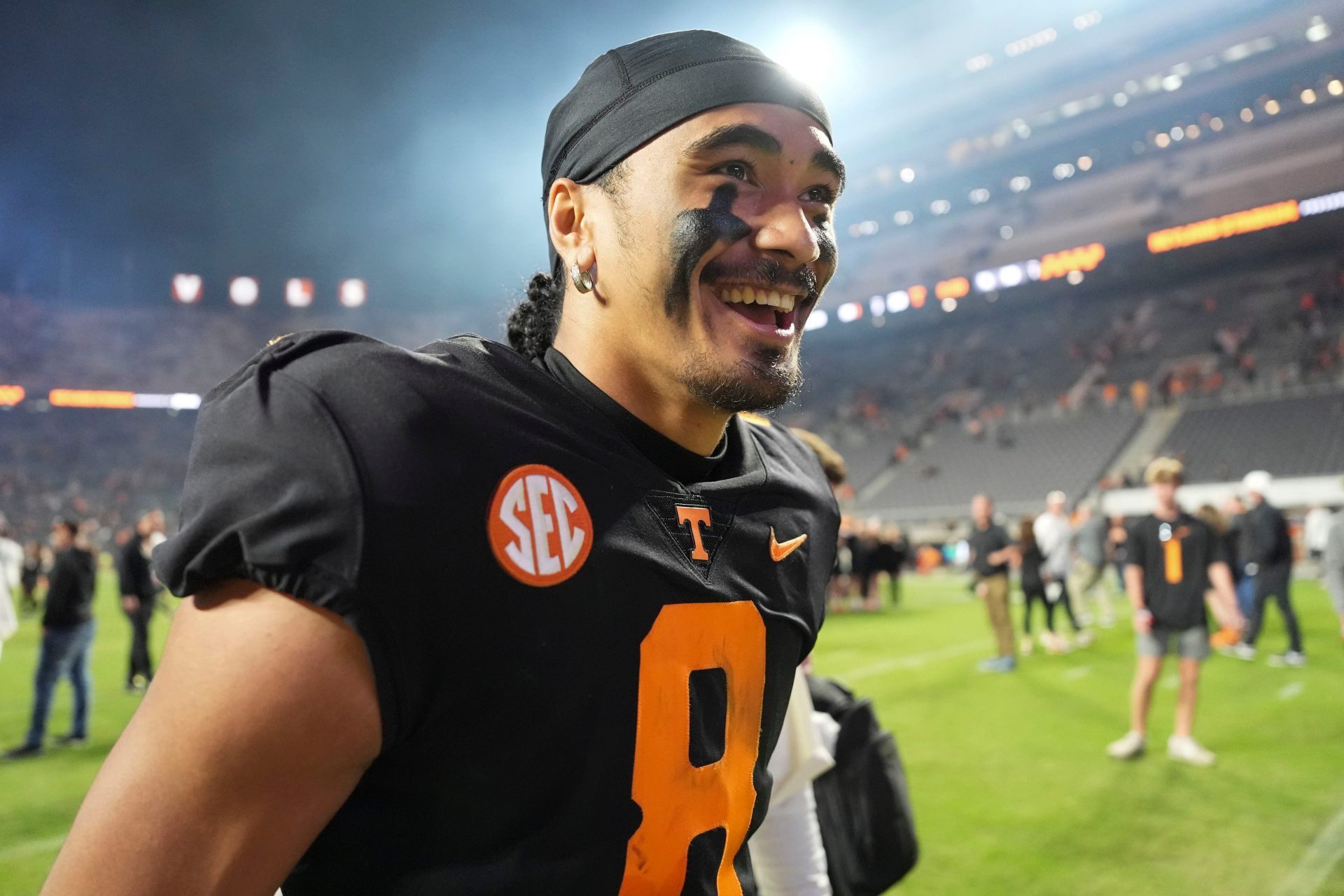The NCAA Transfer Portal has changed college athletics, allowing student-athletes to explore new opportunities and programs to recruit talent. Within this system, the “Do Not Contact” tag has emerged as an important feature, as it has drawn attention most recently through the case of QB Nico Iamaleava.
Let’s examine the “Do Not Contact” tag in detail, its role in Iamaleava’s current transfer situation, and its broader implications for college football.

Understanding the ‘Do Not Contact’ Tag
The “Do Not Contact” tag is a mechanism in the NCAA Transfer Portal that is set up to empower athletes by giving them greater control over their transfer process. When a player enters the portal and opts for this tag, it instructs college coaches and programs not to start direct communication with the player.
Change the “Do Not Contact” tag to “I’ve been illegally tampered with before I entered the Portal” tag. https://t.co/LzvxxJ86Mg pic.twitter.com/G7LJOoOgzh
— ⚔️Sidelines – UCF⚔️ (@SSN_UCF) April 16, 2025
Instead, the athlete has the authority to reach out to schools of their preference. This feature is mainly valuable for high-profile players who, in one way or another, could otherwise be overburdened with unwanted calls, emails, and messages from interested programs.
Nico Iamaleava’s Transfer Portal Journey
Nico Iamaleava’s entry into the transfer portal marks an important moment in his young career, deepened using the “Do Not Contact” tag. As a highly sought-after QB, Iamaleava displayed his skills at Tennessee, throwing 2,616 yards and 19 touchdowns in a standout season.
However, his time with the Volunteers ended amid reported tensions over Name, Image, and Likeness (NIL) negotiations. Sources reported that Iamaleava’s camp sought an NIL deal worth up to $4 million annually, which Tennessee was unwilling to match. This deadlock led to I
amaleava’s absence from spring practice and his subsequent portal entry.The “Do Not Contact” tag amplifies the intrigue surrounding Iamaleava’s next move. Given his California roots, speculation points to schools like UCLA and USC as possible destinations, though no official confirmation has surfaced.
The tag implies he may already have a landing spot in mind, limiting the chaos of an open recruitment process. Yet, the timing of his departure and the high-profile nature of his exit could narrow his options. Schools desirous to meet his NIL demands or wary of the circumstances at Tennessee might shy away, leaving Iamaleava to navigate a delicate balance.
If he fails to secure a program that meets his expectations, Iamaleava will likely face tough decisions. If he can consider lowering his NIL asking price, this decision could, in a way, broaden his appeal, but to some extent, sitting out a season risks stunting his development and diminishing his NFL draft stock.
KEEP READING: Biggest Surprises to Enter the College Football Transfer Portal
With these stakes, his camp is likely prioritizing a swift resolution to ensure he remains on the field in 2025. His journey demonstrated how the “Do Not Contact” tag can empower and complicate an athlete’s transfer experience.
College Sports Network has you covered with the latest news, analysis, insights, and trending stories in football, men’s basketball, women’s basketball, and baseball!

